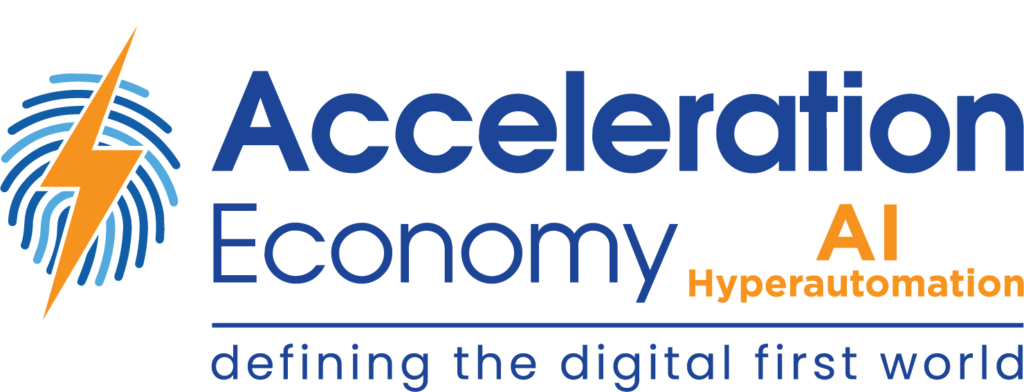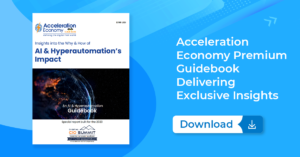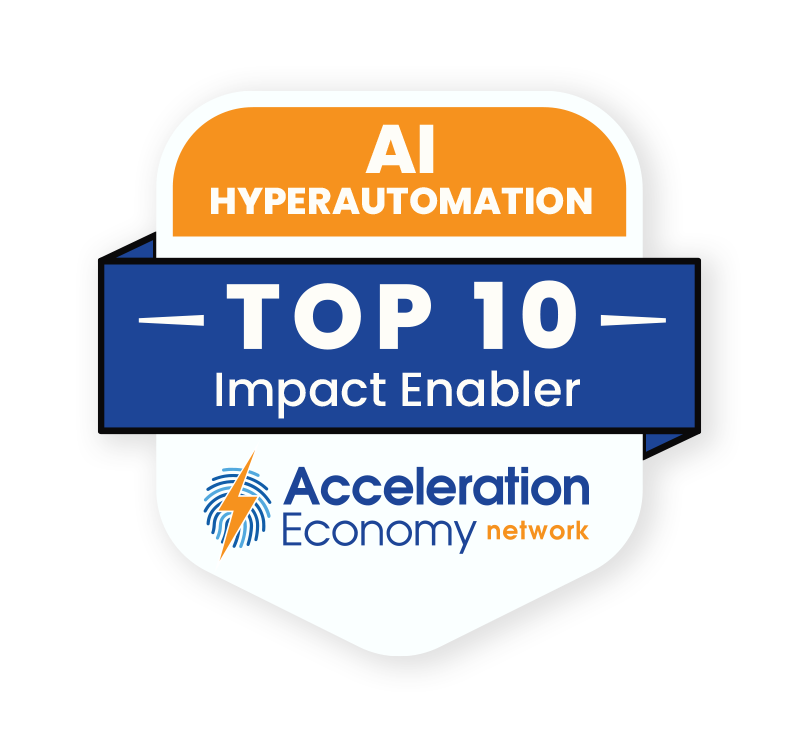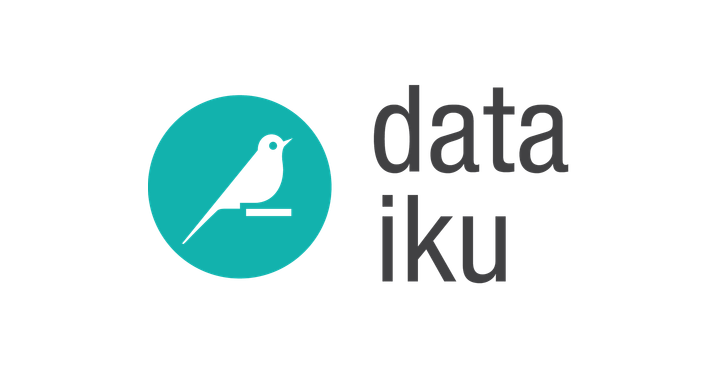
Artificial Intelligence (AI) underpins many rapidly expanding technologies: machine learning or ML, analytics, generative AI, and intelligent automation. As the use cases for these technologies expand, so too does the level of importance they’re being assigned by corporate customers looking to transform business operations. In fact, a recent McKinsey report found that since 2017, AI adoption has doubled.
That’s why the term “Everyday AI” is not just a plausible concept but one that is moving quickly towards reality as AI infiltrates everyday business practices. The good news: technology companies are stepping up to help enterprises unlock AI’s power across their workforces and capitalize on this surge in AI’s applicability. One such company is Dataiku.
Dataiku positions its technology as a platform supporting “Everyday AI:” it consolidates ML and analytics to provide customers with an accessible platform for developing and deploying AI applications that drive data-driven decision-making into core processes.
Who Is Dataiku?
Founded in 2013 by Florian Douetteau, Clément Stenac, Thomas Cabrol, and Marc Batty, Dataiku positions itself as a platform for democratizing data through AI. In total, the company has received close to $850 million over 11 funding rounds.
Most notably, $400 million was raised in a late-stage Series E funding round, while most recently, Dataiku raised $200 million in a Series F funding round at the close of 2022. Today, Dataiku is headquartered in New York City and employs over 1,000 staff across 11 global offices.
CEO Douetteau began his career in tech startups at the age of 20 and holds four patents in various data processing technologies.

Stenac is Dataiku’s CTO and former head of product development at Exalead and contributed to developing open-source VideoLAN (VLC) and Debian projects.
What Does Dataiku Do?
On-prem or in the cloud, Dataiku delivers a single centralized platform for users, both technical and non-technical, to maximize data-driven insights through the development and usage of AI-powered applications. The aim of the Dataiku platform is to allow diverse users to incorporate everyday AI into their day-to-day business activities, thereby making the most of the data available to them.
For its primary users, namely business stakeholders and data teams, Dataiku makes it straightforward to prepare data for analysis. Pre-built connectors make it easy to extract data from various sources, while the flow of data projects is presented visually and with no-code functionality, so even non-coders can adapt and analyze workflows.
The platform presents data in many formats, such as heat maps, pie charts, and tables — all of them automatically updated to ensure data is current. Dataiku’s visualizations include automated data quality indicators, profiling, and relationship mapping to add greater depth and context to statistical and exploratory analyses, particularly when data is being prepared for presentation. Look a little deeper and Dataiku enables users to enrich data assets and customize data projects using various plugins.
For data teams, Dataiku includes a wide range of features that support ML application-building and MLOps. A guided visual interface enables users to efficiently build and test ML models. Dataiku’s MLOps functionality consolidates the maintenance, deployment, and monitoring of ML models. AI-powered automation, as with every aspect of the Dataiku platform, helps to ensure the quality of the output.
“Something I scrutinize closely about AI companies is Responsible & Explainable AI – which is why Dataiku is included in our AI/Hyperautomation Top 10 Shortlist. With the emergence of tools like ChatGPT, AI seems simple to use – and it can be given the right modeling and setup – but behind the scenes, AI is pretty complex. That’s why it’s vitally important to ensure the AI inputs and outputs are explainable in a way that they can be questioned and validated by anyone – data scientists and stakeholders alike.”
Aaron Back, chief content officer and AI expert, Acceleration Economy

From an application development standpoint, Dataiku supports no-code app development. This allows any analyst to create and deliver analytics applications.
While Dataiku facilitates self-service AI, it does so under the centralized control of a governance module. Data, IT, and other business leaders can track the progress of data initiatives to ensure AI activities are moving forward and scaling at a manageable pace.
One way Dataiku achieves this is by enabling managers to develop and deploy standardized workflow, risk assessment, and project templates for AI initiatives. Another way is through the platform’s structured sign-off program, which maintains a governed workflow from idea to release of code.
Customers Dataiku Has Dazzled
Over 500 companies use Dataiku, including many leading global enterprises. Among them is the telecommunications giant Orange, which chose Dataiku as the solution to elevate its data science and ML initiatives.
The French telecommunications giant already had a dedicated data science and ML strategy in place before adopting Dataiku. Ramping up with Dataiku enabled the organization to undertake a radical digital transformation that includes introducing a data-driven culture.
Orange was determined to enhance and improve the capabilities of its data teams, particularly in the client services department. Before Dataiku, data access was limited to data teams in this department, which would perform ad-hoc analyses for business users.
In Orange’s previous model, only data scientists with the capabilities to operate internally developed analysis tools could understand the proprietary language. The tools in question couldn’t be used for ML tasks, just analytics and business intelligence. The focus on legacy systems made it difficult for Orange leaders to onboard new talent with the knowledge to come in and be productive quickly.
Dataiku democratized data analysis so business users could also access data to gain insights. Beyond this, Dataiku had the power and functionality for the data team to work on ML projects, attract new talent that was keen to use the technology, and empower data scientists to work independently on various projects.
Today, more straightforward BI tasks are completed by business users while the client services data team can work on more complex tasks leveraging ML, such as preventing unwanted charges to customers through cluster analysis.
Why Dataiku Is a Top 10 AI/Hyperautomation Enabler
Dataiku is championing the widespread use of AI to give users access to more data more quickly while supporting new AI initiatives. Here’s why the company is on our Top 10 Shortlist of AI/Hyperautomation Enablers:
- Dataiku enables a strong degree of self-service thanks to a combination of no-code development and a powerful UX.
- Centralized governance enables quality control at every stage of the development process so AI can scale at an accelerated pace while still maintaining management controls.
- With its focus on driving data usage up and integrating data into business practices, Dataiku is maximizing the breadth of AI’s impact for customers.
- Use cases in complex enterprise installations including Orange validate scalability and simplicity that unlocks AI’s power for diverse business users while supporting digital transformation initiatives.
Looking for real-world insights into artificial intelligence and hyperautomation? Subscribe to the AI and Hyperautomation channel:












